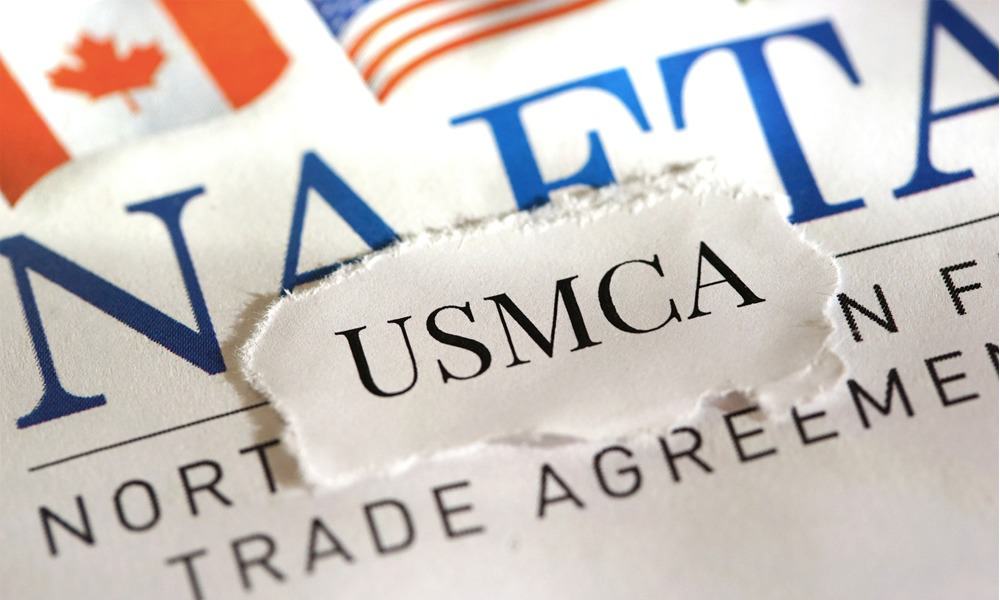American unions are filing a complaint against Mexico under T-MEC rules

May 10, 2021 | 7:57 AM
The union reported that AFL-CIO, the largest trade union in the United States, will deliver to Washington on Monday a US government request to file its first labor complaint against Mexico under T-MEC rules.
The AFL-CIO petition, shared with Reuters, states that workers at the Tridonex auto parts plant in Matamoros, Tamaulipas, have been denied independent union representation in violation of the treaty, which replaced NAFTA last year.
Since the entry into force of the North American Free Trade Agreement in 1994, which has had few tools to enforce labor standards, wages in Mexico have stagnated and are now the lowest among the Organization for Economic Cooperation and Development (OECD) countries.
The T-MEC is designed to change that by enabling workers to demand better wages, which is also intended to prevent lower labor costs from cutting more jobs in the United States.
Reuters reported last week that hundreds of workers have sought representation since 2019 by a new union led by activist and lawyer Susanna Prieto. However, state labor officials never put his request to a vote.
Prieto said about 600 of his Tridonex supporters were fired last year, in what some workers described as revenge for their efforts to transform unions.
Tridonex’s parent company is Philadelphia-based Cardone Industries, controlled by Canadian Brookfield Asset Management.
Under T-MEC’s Rapid Response Labor Mechanism, companies in Mexico and the United States may face tariffs and other penalties for failing to guarantee workers’ rights, such as freedom of association.
The AFL-CIO Petition marks the first time that a labor enforcement component has been put into effect within the T-MEC. Companies and activists will be very alert.
“This sets a precedent,” said Kathryn Fingold, AFL-CIO’s international division director, who has pushed for improved labor rights provisions at T-MEC. “It will be a test of this new system.”
The AFL-CIO will send the petition to the United States Bureau of Commerce and Labor, which has 30 days to review the suit and determine whether the case should be brought to the Mexican government for further review.
Mexican labor officials will then work with their US counterparts to agree terms to remedy the situation. The entire process, including the final stage of determining possible penalties and fines, must be resolved within five months.
Most of this can be fixed fairly quickly if there is political will.
Benjamin Davis, International Affairs Director for United Steel Workers, which is part of the AFL-CIO
President Andres Manuel Lopez Obrador, who instituted a labor reform in 2019, has promised to cancel Mexican protections that, according to critics, put corporate interests ahead of workers’ rights, which are also T-MEC’s priorities.
However, the new law is gradually being implemented across Mexico and the changes will not begin to arrive in Tamaulipas until 2022.
The petition was also endorsed by the Service Personnel International Union (SEIU), which represents Cardon’s employees in the United States, along with Global Citizen’s Global Trade Watch, a US nonprofit, and Prieto’s union, called SNITIS.

“Coffee fanatic. Gamer. Award-winning zombie lover. Student. Hardcore internet advocate. Twitter guru. Subtly charming bacon nerd. Thinker.”











